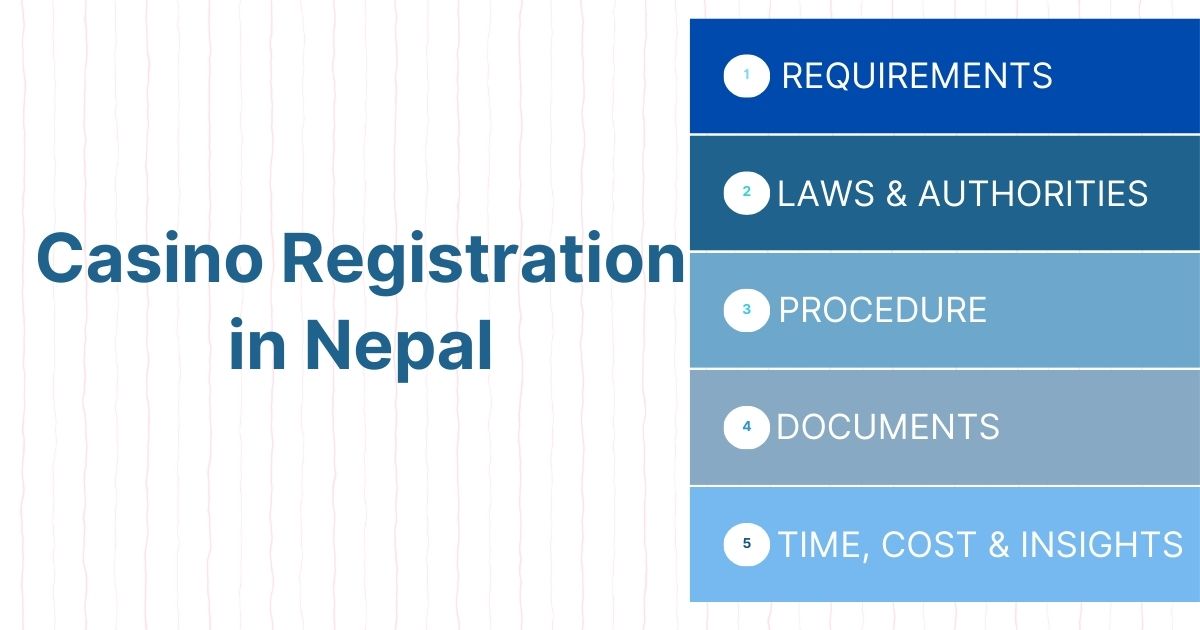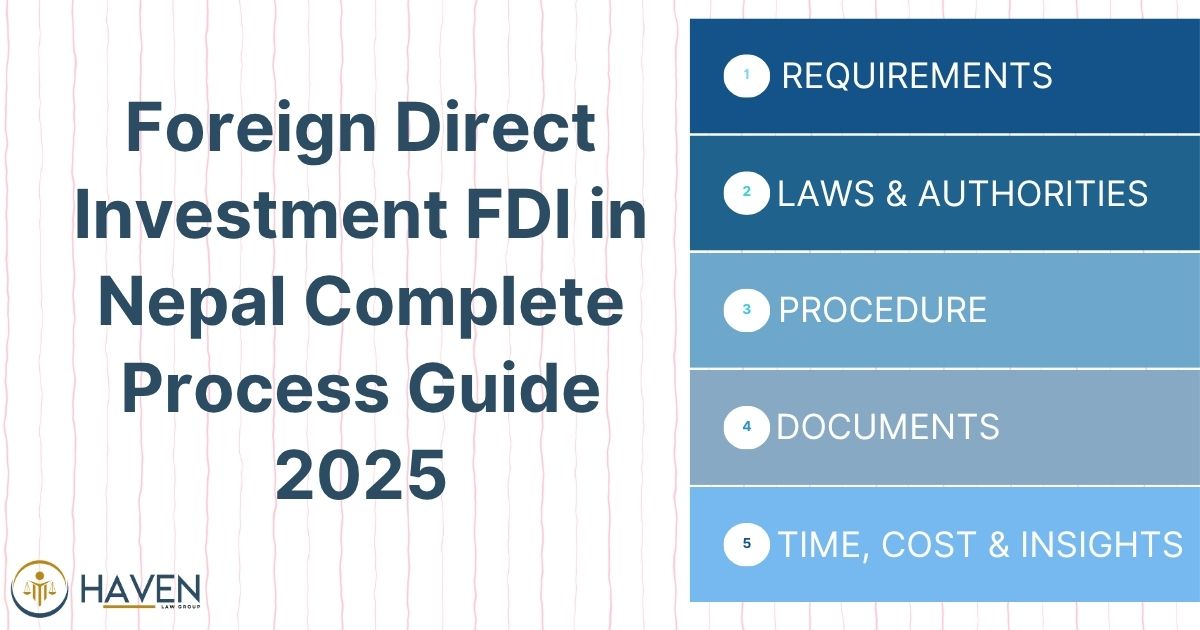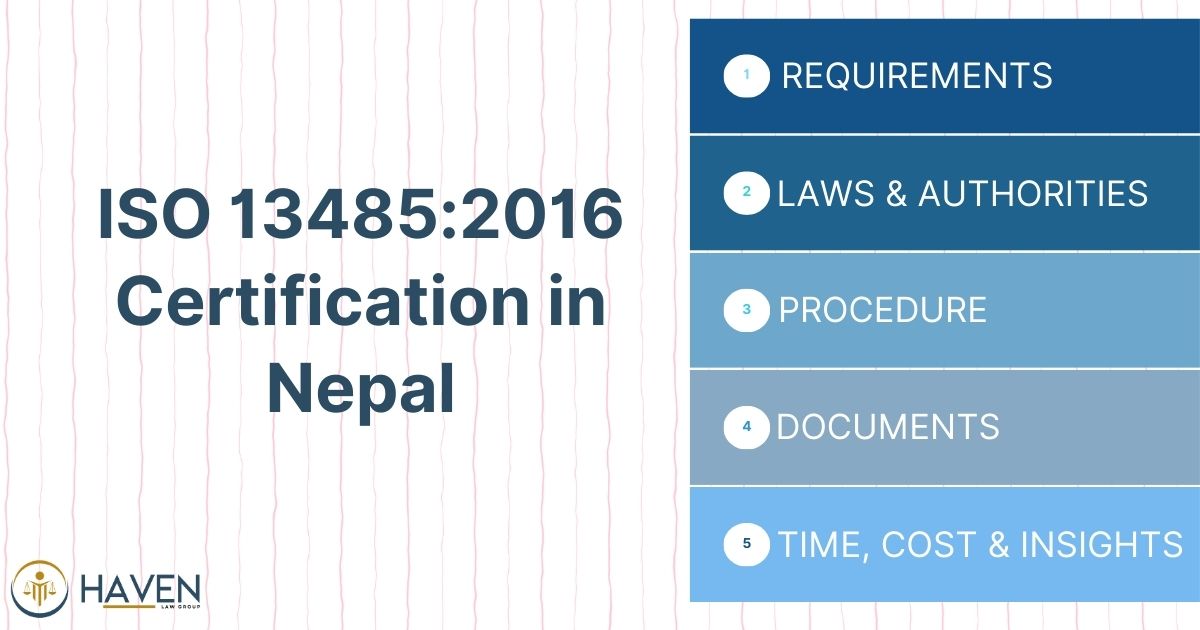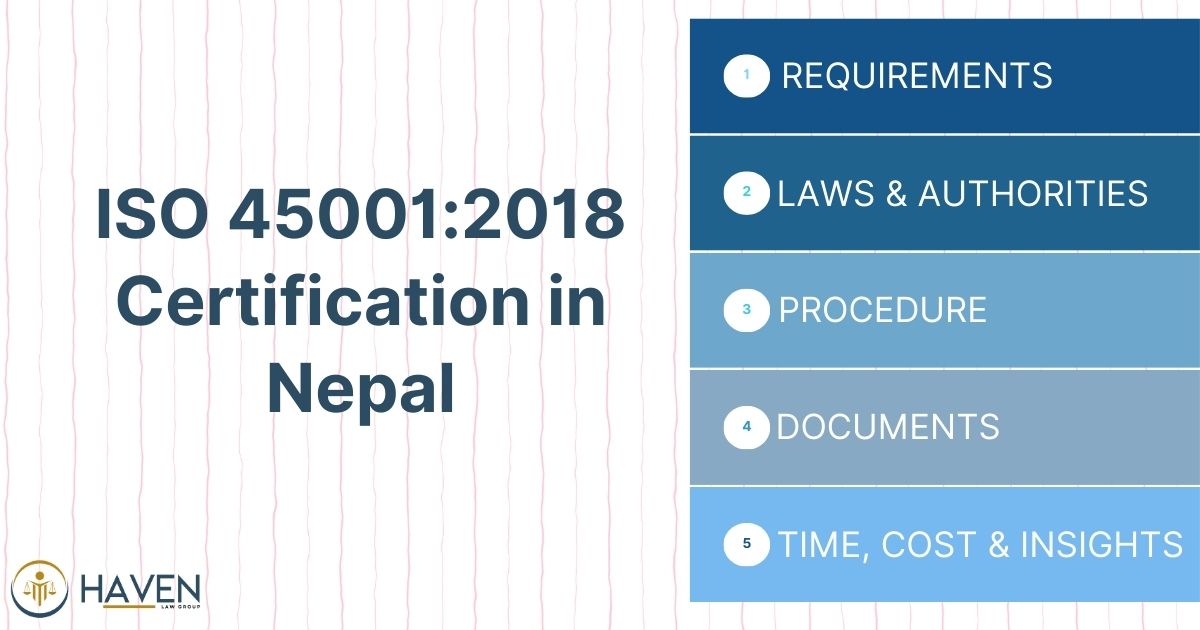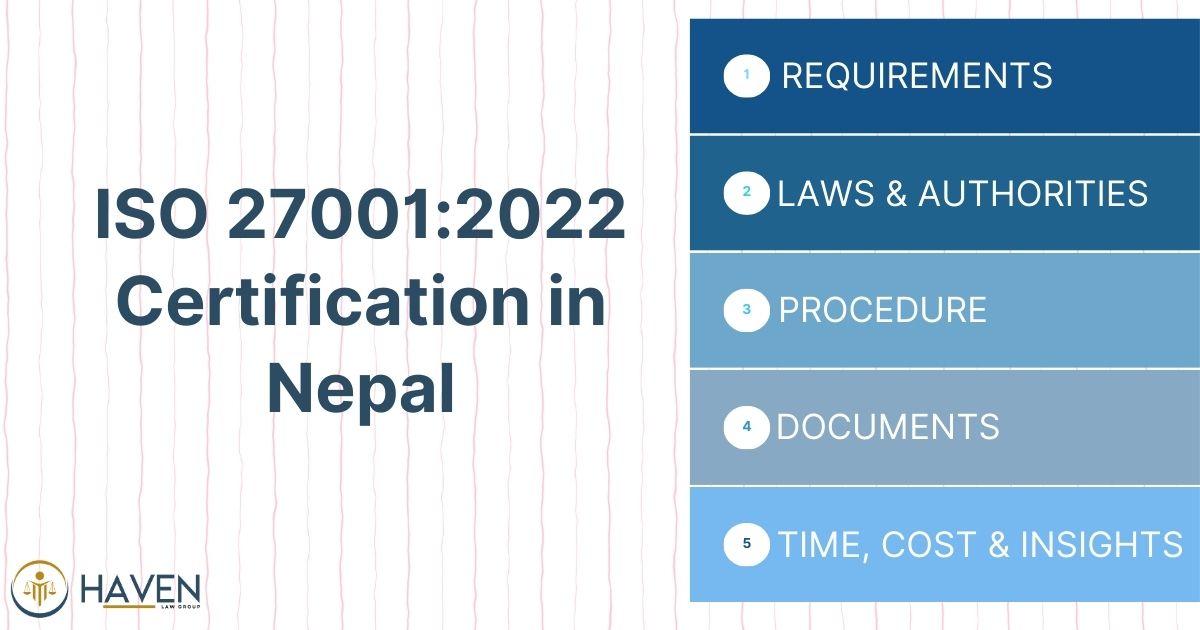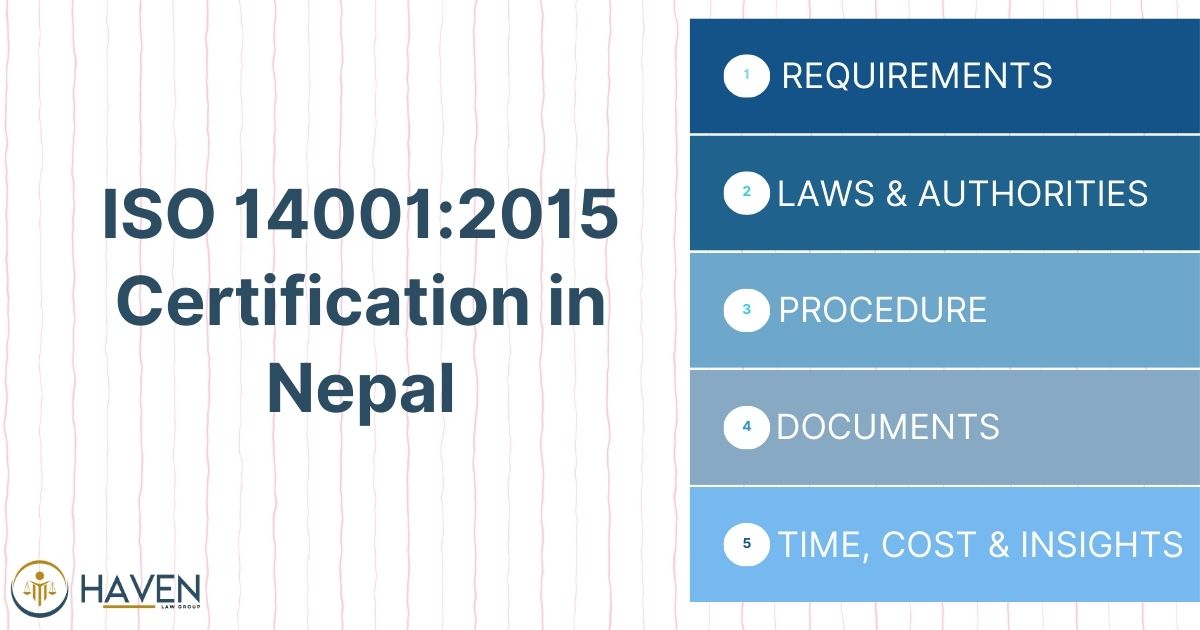Can NRNs buy land in Nepal from abroad?
Non-Resident Nepalis (NRNs) can engage in selling/buying land from abroad in Nepal, subject to certain conditions and regulations. The Nepal Citizenship Act and Foreign Investment and Technology Transfer Act allow NRNs to acquire property in Nepal. However, the process involves several steps and requirements. NRNs must obtain a Non-Resident Nepali card from the Nepali embassy in their country of residence. This card grants them the right to purchase land in Nepal.
The land acquisition process for NRNs is similar to that of resident Nepalis, but additional documentation and verification may be required. NRNs must also comply with foreign exchange regulations and obtain necessary approvals from the Nepal Rastra Bank for fund transfers. It’s essential for NRNs to familiarize themselves with local laws and regulations before initiating a land purchase from abroad.
What documents are required for property transactions?
Property transactions in Nepal require several essential documents to ensure legal compliance and smooth processing. The following documents are typically necessary:
- Citizenship certificate or NRN card
- Land ownership certificate (Lalpurja)
- Tax clearance certificate
- Property valuation certificate
- Land revenue receipt
- Relationship certificate (if applicable)
- Cadastral map (Napi Naksa)
- Land survey report
- No objection letter from family members
- Power of attorney (if acting on behalf of someone)
- Passport-sized photographs
- Bank statements or proof of funds
- Land use certificate
- Building permit (for properties with structures)
NRNs may need to provide additional documents, such as proof of NRN status and foreign currency transaction approvals. It’s advisable to consult with a local lawyer or real estate professional to ensure all required documents are in order before proceeding with the transaction.
Are lawyers mandatory for buying land from abroad?
While it’s not legally mandatory to hire a lawyer for buying land from abroad in Nepal, it is highly recommended. The complexities of property laws, potential language barriers, and the intricacies of cross-border transactions make legal representation valuable. A competent lawyer can:
- Review and verify property documents
- Conduct due diligence on the property
- Negotiate terms and conditions
- Draft and review legal agreements
- Represent the buyer’s interests in dealings with local authorities
- Ensure compliance with Nepali laws and regulations
- Handle power of attorney matters
- Assist with fund transfers and currency exchange issues
- Provide guidance on tax implications
- Resolve any legal disputes that may arise
Engaging a lawyer familiar with both Nepali property laws and international transactions can significantly reduce the risk of fraud, legal complications, and potential financial losses. The cost of legal representation is often outweighed by the security and peace of mind it provides in such significant transactions.
Can land transactions be completed online?
Land transactions in Nepal cannot be fully completed online at present. The Nepali land registration system still requires physical presence and paper-based documentation for most processes. However, some aspects of the transaction can be initiated or facilitated online:
- Property search and information gathering
- Preliminary document submission
- Tax payments
- Appointment scheduling with land offices
- Verification of land ownership records
The Department of Land Management and Archives has been working on digitizing land records and implementing an online land registration system. However, the process is not yet fully operational nationwide. For NRNs buying land from abroad, it’s still necessary to:
- Appoint a local representative with power of attorney
- Submit original documents in person
- Physically sign and verify documents at the land revenue office
- Complete the final registration process in person
While full online transactions are not currently possible, the government is gradually moving towards a more digital-friendly system. NRNs should stay informed about any updates to the land registration process that may facilitate remote transactions in the future.
Are taxes applicable for foreign land buyers?
Yes, taxes are applicable for foreign land buyers in Nepal, including NRNs. The tax structure for property transactions involves several components:
- Capital Gains Tax: Applicable on the profit made from selling property
- Land Registration Fee: Varies based on the property value and location
- Local Development Fee: A small percentage of the property value
- Value Added Tax (VAT): Applicable in certain cases, especially for commercial properties
- Property Tax: Annual tax based on the property value
NRNs may face additional tax considerations:
- Foreign currency transaction fees
- Withholding tax on rental income (if the property is rented out)
- Potential double taxation issues in their country of residence
Tax rates and structures can vary depending on factors such as:
- Property location (urban vs. rural)
- Type of property (residential, commercial, agricultural)
- Duration of ownership before sale
- Value of the property
NRNs should consult with a tax professional familiar with both Nepali and international tax laws to understand their specific tax obligations and potential strategies for tax efficiency. It’s also advisable to stay informed about any changes in tax laws that may affect foreign property owners in Nepal.
Can NRNs sell land without visiting Nepal?
NRNs can sell land in Nepal without physically visiting the country, but the process requires careful planning and proper legal representation. Here’s how it can be done:
- Appoint a trusted representative with power of attorney
- Prepare and notarize all necessary documents in the country of residence
- Have the power of attorney document authenticated by the Nepali embassy
- Send original documents to the representative in Nepal
- The representative handles the sale process locally
- Utilize online banking for fund transfers
Key considerations:
- The power of attorney must be comprehensive and specific
- Regular communication with the representative is essential
- Video conferencing may be required for identity verification
- Some land offices may request the seller’s physical presence
While selling land without visiting Nepal is possible, it comes with potential risks:
- Increased chances of fraud or misrepresentation
- Difficulty in addressing unexpected issues promptly
- Possible delays in the transaction process
- Limited control over the negotiation process
NRNs should weigh the convenience against the potential risks and complexities when deciding whether to sell land without visiting Nepal. Engaging a reputable lawyer and maintaining close oversight throughout the process can help mitigate many of these challenges.
Are power of attorney documents required?
Power of attorney (POA) documents are essential for NRNs buying or selling land in Nepal from abroad. These legal instruments allow a designated person to act on behalf of the NRN in various aspects of the property transaction. Key points about POA in Nepali land transactions:
- Types of POA:
- General Power of Attorney: Broad authority for all property-related matters
- Special Power of Attorney: Limited to specific transactions or actions
- Requirements for valid POA:
- Must be notarized in the country of residence
- Authenticated by the Nepali embassy or consulate
- Translated into Nepali if in a foreign language
- POA holder responsibilities:
- Signing documents on behalf of the NRN
- Representing the NRN in meetings with officials
- Handling financial transactions
- Addressing any legal issues that arise
- Duration and revocation:
- Can be time-limited or open-ended
- Revocable at any time by the NRN
- Legal implications:
- Actions of the POA holder are legally binding on the NRN
- The NRN is responsible for any decisions made by the POA holder
NRNs should choose their POA holder carefully, ensuring they are trustworthy and competent to handle complex property transactions. It’s advisable to consult with a Nepali lawyer to draft a comprehensive and legally sound POA document that protects the NRN’s interests throughout the land transaction process.
Can disputes arise in overseas land transactions?
Disputes can indeed arise in overseas land transactions involving Nepal, and NRNs should be aware of potential issues. Common sources of disputes include:
- Title disputes: Unclear ownership or competing claims
- Boundary disputes: Disagreements over property lines
- Fraudulent transactions: Misrepresentation or forgery of documents
- Contract breaches: Failure to meet agreed-upon terms
- Inheritance issues: Conflicts among family members over property rights
- Regulatory compliance: Violations of land use or zoning laws
- Payment disputes: Disagreements over price or payment terms
- Power of attorney misuse: Unauthorized actions by the appointed representative
- Environmental concerns: Undisclosed contamination or land use restrictions
- Cultural or community objections: Local opposition to foreign ownership
Resolving disputes in overseas transactions can be challenging due to:
- Distance and communication barriers
- Differences in legal systems and practices
- Language and cultural misunderstandings
- Complexity of international financial transactions
To minimize the risk of disputes, NRNs should:
- Conduct thorough due diligence
- Engage reputable local legal representation
- Ensure all documents are properly authenticated
- Maintain clear communication with all parties involved
- Understand local laws and customs regarding property ownership
In case of disputes, NRNs may need to navigate both Nepali and international legal systems. Alternative dispute resolution methods, such as mediation or arbitration, can sometimes offer more efficient solutions than traditional court proceedings.
How long do transactions take?
The duration of land transactions in Nepal, especially for NRNs buying or selling from abroad, can vary significantly. Typically, the process takes longer than domestic transactions due to additional requirements and potential complexities. Here’s a general timeline:
- Document preparation: 2-4 weeks
- Power of attorney authentication: 1-2 weeks
- Property verification: 1-3 weeks
- Negotiation and agreement: 1-4 weeks
- Fund transfer approval: 1-2 weeks
- Land revenue office processing: 1-3 weeks
- Registration and title transfer: 1-2 weeks
Factors affecting transaction time:
- Completeness and accuracy of documents
- Responsiveness of involved parties
- Complexity of the property’s legal status
- Efficiency of local government offices
- Any disputes or legal issues that arise
Total time: Generally, 2-6 months, but can extend longer in complex cases
NRNs should be prepared for potential delays and build flexibility into their timelines. Engaging experienced professionals and maintaining proactive communication can help streamline the process. It’s advisable to start the transaction well in advance of any critical deadlines to accommodate unexpected delays or complications.
Are fees different for NRNs buying land?
Fees for NRNs buying land in Nepal are generally similar to those for resident Nepalis, but there may be some additional costs and considerations:
Standard fees for all buyers:
- Land registration fee: 4-6% of property value
- Local development fee: 1.5% of property value
- Capital gains tax: 2.5-5% of profit (if applicable)
- Lawyer fees: Varies, typically 1-2% of property value
- Property valuation fee: Fixed amount, varies by location
Additional costs for NRNs:
- Currency conversion fees
- International wire transfer charges
- Document authentication fees at Nepali embassies
- Translation costs for foreign documents
- Higher lawyer fees due to complex international transactions
Potential indirect costs:
- Travel expenses if visiting Nepal
- Extended accommodation costs during the transaction process
- Potential tax implications in the country of residence
While the base fees are the same, NRNs may find the overall cost higher due to these additional expenses. It’s important to budget for these extra costs and factor them into the total investment calculation. NRNs should also be aware of potential fluctuations in exchange rates that could affect the overall cost of the transaction. Consulting with a financial advisor familiar with international property transactions can help in planning and managing these costs effectively.
Can land purchases be canceled from abroad?
Land purchases in Nepal can be canceled from abroad, but the process can be complex and may have financial and legal implications. Key points to consider:
- Cancellation timing:
- Easier before final registration
- More complicated after registration
- Reasons for cancellation:
- Breach of contract
- Failure to meet conditions
- Discovery of title issues
- Financial constraints
- Process for cancellation:
- Notify all parties in writing
- Provide valid reasons for cancellation
- Negotiate terms of cancellation
- Execute cancellation agreement
- Legal requirements:
- Power of attorney may be needed
- Notarized and authenticated documents
- Compliance with Nepali contract law
- Financial implications:
- Potential loss of deposit
- Cancellation fees or penalties
- Currency exchange losses
- Challenges of remote cancellation:
- Communication difficulties
- Reliance on local representatives
- Potential delays in processing
- Alternative options:
- Renegotiation of terms
- Transfer of purchase rights to another buyer
- Lease agreement instead of sale
NRNs should carefully review the terms of their purchase agreement regarding cancellation rights and procedures. It’s advisable to consult with a Nepali lawyer to understand the legal implications and to ensure the cancellation process is handled correctly. In some cases, mediation or arbitration may be necessary to resolve disputes arising from the cancellation.
Are court approvals necessary for property sales?
Court approvals are not typically necessary for standard property sales in Nepal. However, there are specific situations where court involvement may be required:
- Disputed properties: If there are ongoing legal disputes over ownership or boundaries
- Inherited properties: When multiple heirs are involved and there’s no consensus
- Properties under legal restrictions: Such as those involved in criminal cases
- Sales involving minors or incapacitated individuals: Court approval may be needed to protect their interests
- Properties under mortgage: If there are issues with loan repayment or bank approvals
- Government-owned or protected lands: Special permissions may be required
- Properties involved in divorce settlements: Court orders may be necessary to finalize the sale
- Sales of tribal or communal lands: May require approval from local authorities or courts
For NRNs selling property from abroad, court approvals are generally not required unless the property falls under one of these special categories. However, it’s essential to:
- Conduct thorough due diligence on the property’s legal status
- Ensure all necessary clearances are obtained from relevant authorities
- Comply with all local and national regulations regarding property sales
If court approval is needed, the process can significantly extend the transaction timeline and may require:
- Filing of petitions in the appropriate court
- Presentation of evidence and documentation
- Possible hearings or testimonies
- Waiting for court decisions and orders
NRNs should work closely with their legal representatives in Nepal to determine if any court approvals are necessary for their specific property transaction and to navigate any required legal processes efficiently.
FAQs
1. Is online purchase possible?
Currently, fully online land purchases are not possible in Nepal. While some initial steps can be done online, such as property searches and document submissions, the final registration and transfer require physical presence at the land revenue office. NRNs can use online tools for research and preliminary processes but must rely on a local representative with power of attorney to complete the transaction.
2. Are fees refundable?
Most fees associated with land transactions in Nepal are non-refundable. This includes registration fees, local development fees, and service charges. However, in cases of failed transactions due to legal issues or breaches of contract, some fees may be recoverable through legal action. It’s crucial to review all agreements carefully and understand the refund policies for any advance payments or deposits made during the transaction process.
3. Are lawyers needed?
While not legally mandatory, engaging a lawyer is highly recommended for NRNs buying or selling land in Nepal. Lawyers provide invaluable assistance in navigating complex property laws, conducting due diligence, drafting and reviewing contracts, and representing the client’s interests throughout the transaction. Given the potential complexities of international transactions, legal representation can help prevent costly mistakes and ensure compliance with all relevant laws and regulations.
4. Is court approval required?
Court approval is not typically required for standard property sales in Nepal. However, it may be necessary in specific cases such as disputed properties, sales involving minors or incapacitated individuals, or properties under legal restrictions. NRNs should conduct thorough due diligence and consult with a local lawyer to determine if their specific transaction requires any form of court approval or special permissions.
5. Can disputes delay transactions?
Yes, disputes can significantly delay land transactions in Nepal. Common issues include title disputes, boundary disagreements, inheritance conflicts, or contractual breaches. These disputes can lead to legal proceedings, which may extend the transaction timeline by months or even years. NRNs should be prepared for potential delays and ensure thorough due diligence is conducted to minimize the risk of disputes arising during the transaction process.
Can Non-Resident Nepalis (NRNs) buy land in Nepal?
Yes, Non-Resident Nepali can buy land in Nepal, subject to certain conditions and restrictions set by Nepali law.
What are the legal requirements for NRNs to buy property in Nepal?
NRNs must obtain a Non-Resident Nepali card, provide proof of Nepali origin, and comply with foreign investment regulations to purchase property.
Can foreign nationals buy land in Nepal?
No, foreign nationals cannot buy land in Nepal. Only Nepali citizens and Non-Resident Nepalis have this right.
How much land can an NRN buy in Nepal?
NRNs can buy up to 10 ropanis (about 5,476 square meters) of land in urban areas and 20 ropanis in rural areas.
Can I sell my land in Nepal while living abroad?
Yes, you can sell land in Nepal while living abroad, but you may need to appoint a legal representative in Nepal.
How long does the land selling process take from abroad?
The land selling process from abroad typically takes 2-3 months, depending on documentation and legal procedures.


